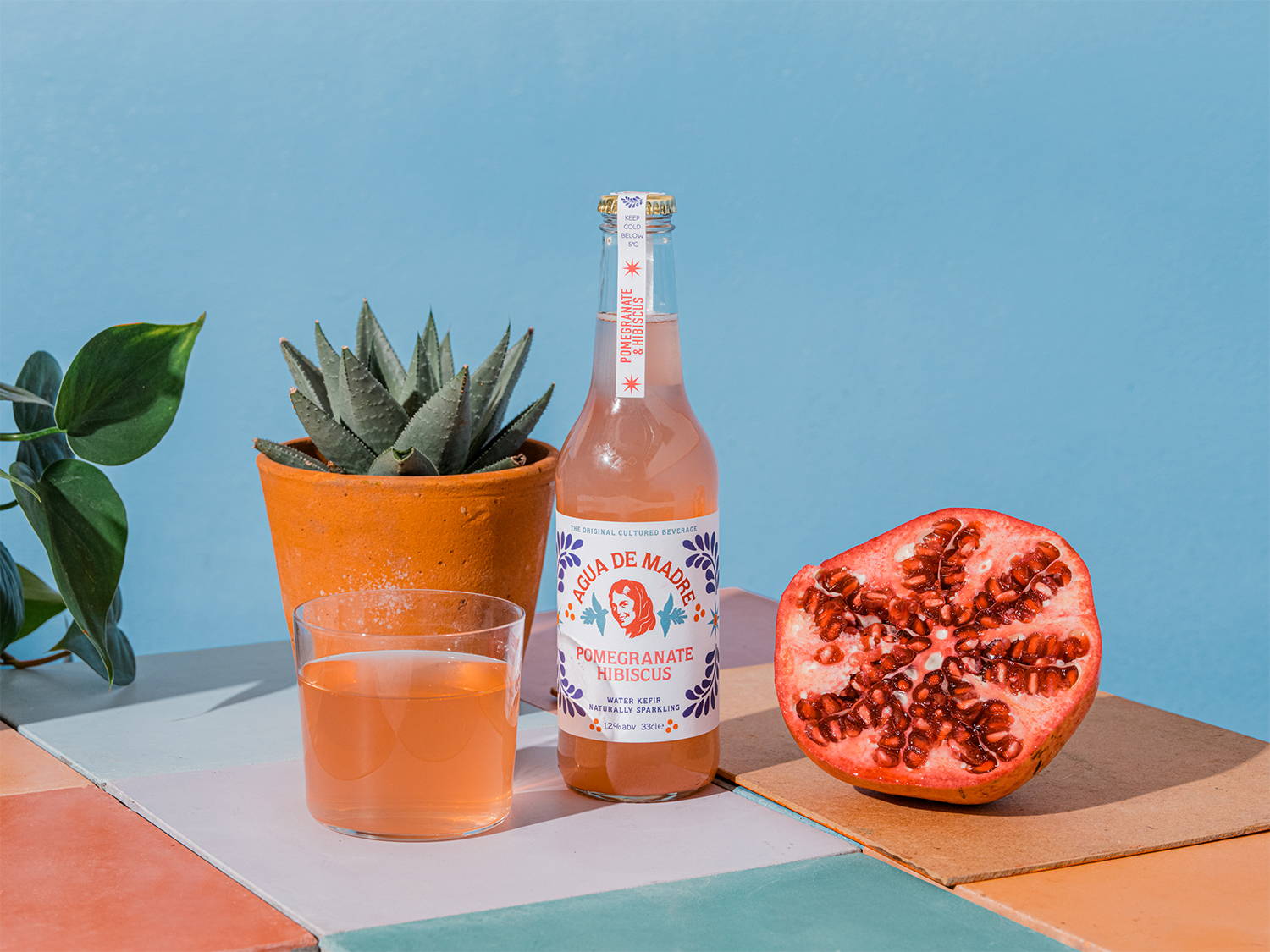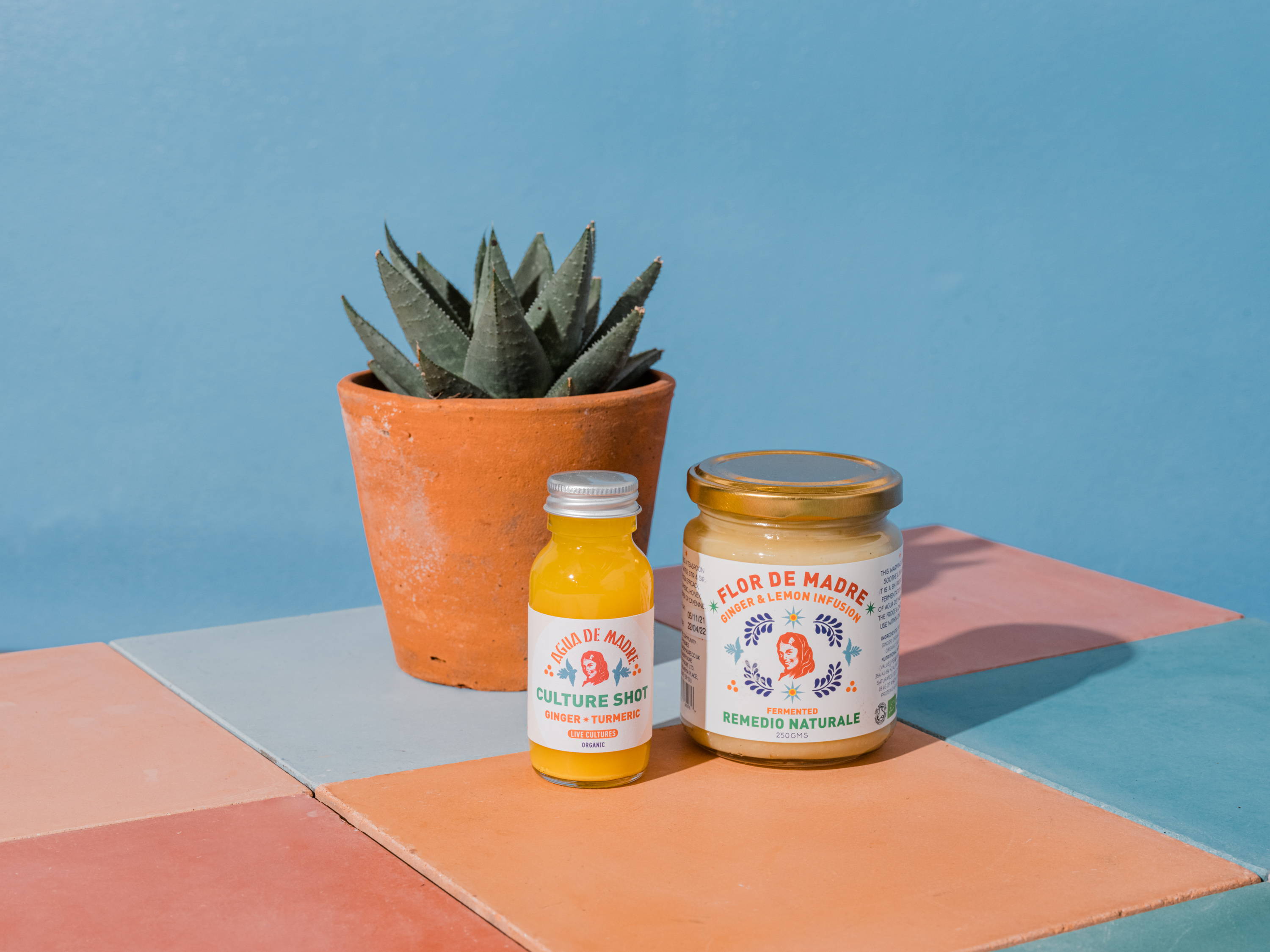HOW TO BOoST YOur RESILIENCE TO STRESS BY Grace WiLLIams
Grace Williams, Holistic Health and Nutrition Coach, kindly wrote about how to boost your resilience to stress. Read on for some wonderful nutrition tips and daily practices and advice.
Boosting your resiliency to stress
Research has shown that between 75 and 90% of diseases are related to the activation of our stress response and so it’s effects on our health cannot be underestimated. However, where the messaging gets confusing is that we read this and think we have to remove all stress, that if we quit our jobs and move to a sunny island we’d be better off - but no matter where you are or what you’re doing, stress will still find you if you do not have the tools to manage it… and you don’t get better at managing things by avoiding them!
I am diving into my top tips to boost your resiliency to stress in this article, but if you want to truly understand why you react the way you do to stressful situations and how to support yourself through it, sign up to my training here…
Knowing you are stressed is one thing, but having the skills in your back pocket is the missing key to improving your energy and getting back to feeling like you can handle whatever your day throws at you!
How to boost your resiliency to stress
The underlying key is acting in a way that allows your body to know it is safe - this is because ultimately, your body cannot tell the difference between a real threat to your survival (e.g. for our ancestors, a tiger chasing them) and the non-stop work emails or getting stuck in traffic. No matter the event, if your brain perceives it as a “threat” it switches on your sympathetic nervous system (i.e. your “fight or flight” response), it triggers the release of stress hormones and a whole host of physiological changes that are felt throughout the body.So how do we create that “safety”?
1. Fuel yourself with the nutrients to support your nervous systemUltimately, nutrients are fuel and when you are stressed, your body burns through these very quickly to give itself the energy and fuel it needs for survival. So you want to actively replenish these stores to really nourish and support your body. You do this by:
• Eating 3 balanced meals a day: eating consistently is one of the most powerful ways to create safety in the body. Conversely, under-eating, skipping breakfast and surviving off little fuel is a physical source of stress.
• Build your plate around protein and colour: good gut health and balanced blood sugars are key to supporting your body through stress so think of diversity, colour and good quality protein (aim for at least 30g per meal).
• Add anti-inflammatory foods to your plate: stress is an inflammatory process so the more we can do to counter this, the better - switching your coffee to ceremonial cacao, adding turmeric to your eggs, topping chia pudding with berries and pomegranate (frozen pomegranate seeds has become my new obsession for the summer!) and drizzling your dishes with olive oil before serving are quick and easy ways to do this!
• Replenish minerals: minerals are the spark plugs of your body and so look to electrolytes, bone broth or adding a pinch of salt to your water in the morning to ensure you are avoiding deficiencies.
2. Reframe how you respond to stressorsWhen it comes to stress, it is not the stressful event itself that is harmful, it is how you react and respond to it that can cause harm to the body - and this is why your individual perception of stress is so powerful!Adopting a “challenge” mentality and seeing the stressful event in front of you as an opportunity and something exciting rather than threatening can really help shift you towards a more positive stress response - studies have shown that it helps to create a physiological response in the body that is less damaging and conducive to clearer problem solving and faster recovery.
• Notice your thought patterns: when you get an email or you’re facing a tight deadline, are your thoughts predominantly negative or stress-inducing in themselves?
• Find your stress shields: these are statements that tell your body that you’ve got this and you have what it takes to face up to the stressful event.
3. Curate your own stress toolboxThis comes down to having daily practices that help reduce your stress levels, and identifying these is very personal - it’s anything that makes you personally feel calmer and safe.
My favourite practices are:
• Making your exhale longer than your inhale - count your inhale for 4, hold for 7 and exhale for 8 - this is the quickest way to shift from your alarm, fight or flight response into your rest and digest state.
• Getting natural light first thing in the morning: not only does this trigger the release of serotonin (your happy hormone), it regulates your sleep-wake cycle to support stable energy, blood sugar and your natural cortisol rhythm.
• Finding a form of movement you love: your body is designed to move regularly - movement triggers the release of endorphins, while also reducing cortisol levels. But the key here is balance! Too much has the opposite effect on the body and becomes a stressor in itself. Thinking about it as movement over exercise helps reframe it as a nourishing practice (as opposed to a forced 50 minute HIIT workout on little sleep)!
• Intentional pauses: put simply, rest is the antidote to the impact of stress on your health and hormones, but we rarely give ourselves a moment to pause! So being intentional about having breaks and periods where you reset is how you recalibrate and come out of your stress response - the good thing is, even 5 minutes makes a difference! Whether it’s using the time it makes to make a coffee to be present or going on a walk without headphones, time without distractions is extremely beneficial.
Last thoughts ultimately stress is addictive and the amount of stress in our lives is increasing, primarily from things we cannot control. So it really does take conscious action to boost your resiliency to it and ensure that you have the skills in your back pocket to break away from the cycle of stress for good!
As mentioned, I am delving into ALL of this in more detail in my training that teaches you the exact tools I used myself while simultaneously navigating +12 hour days as a lawyer and being a full-time carer for my mother, and now teach my 1:1 clients — all to get your stress response working FOR not AGAINST you!
About Grace
I am a Health & Nutrition coach I work with women to create energy and balance, believing that success and your health can go hand in hand with the right tools and support in place. Having started my career as a solicitor at a US-law firm, I have experienced firsthand the impact of stress, a lack of time (for yourself), poor diet and bad sleep. It is through my own journey and managing my parents’ diagnoses with cancer while in law that I uncovered the power of nutrition, the body and the mind when it comes to healing. https://www.gdocumented.com/






